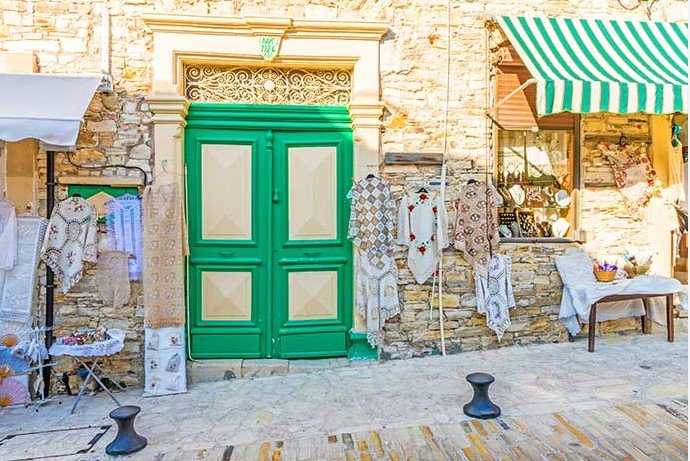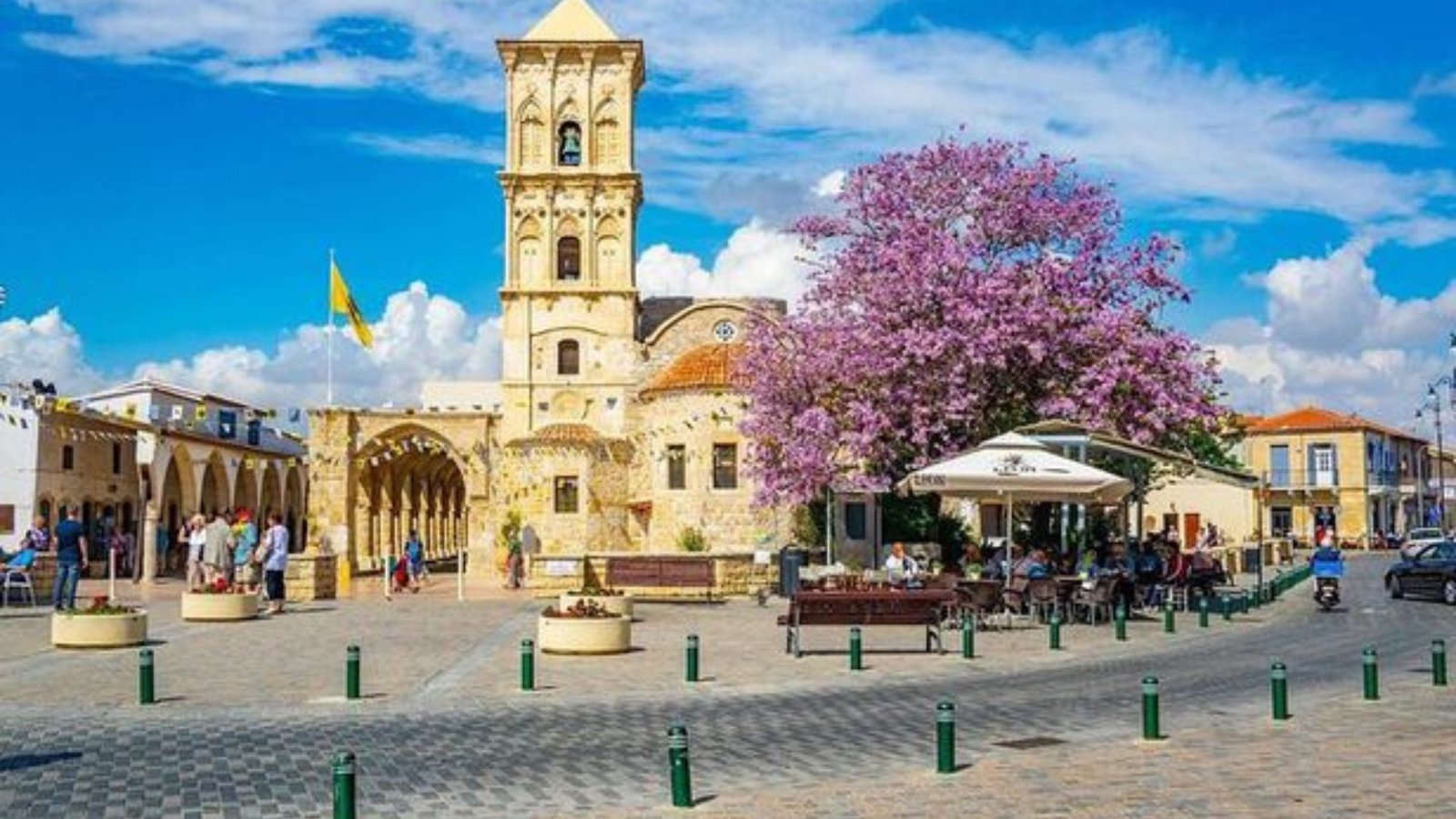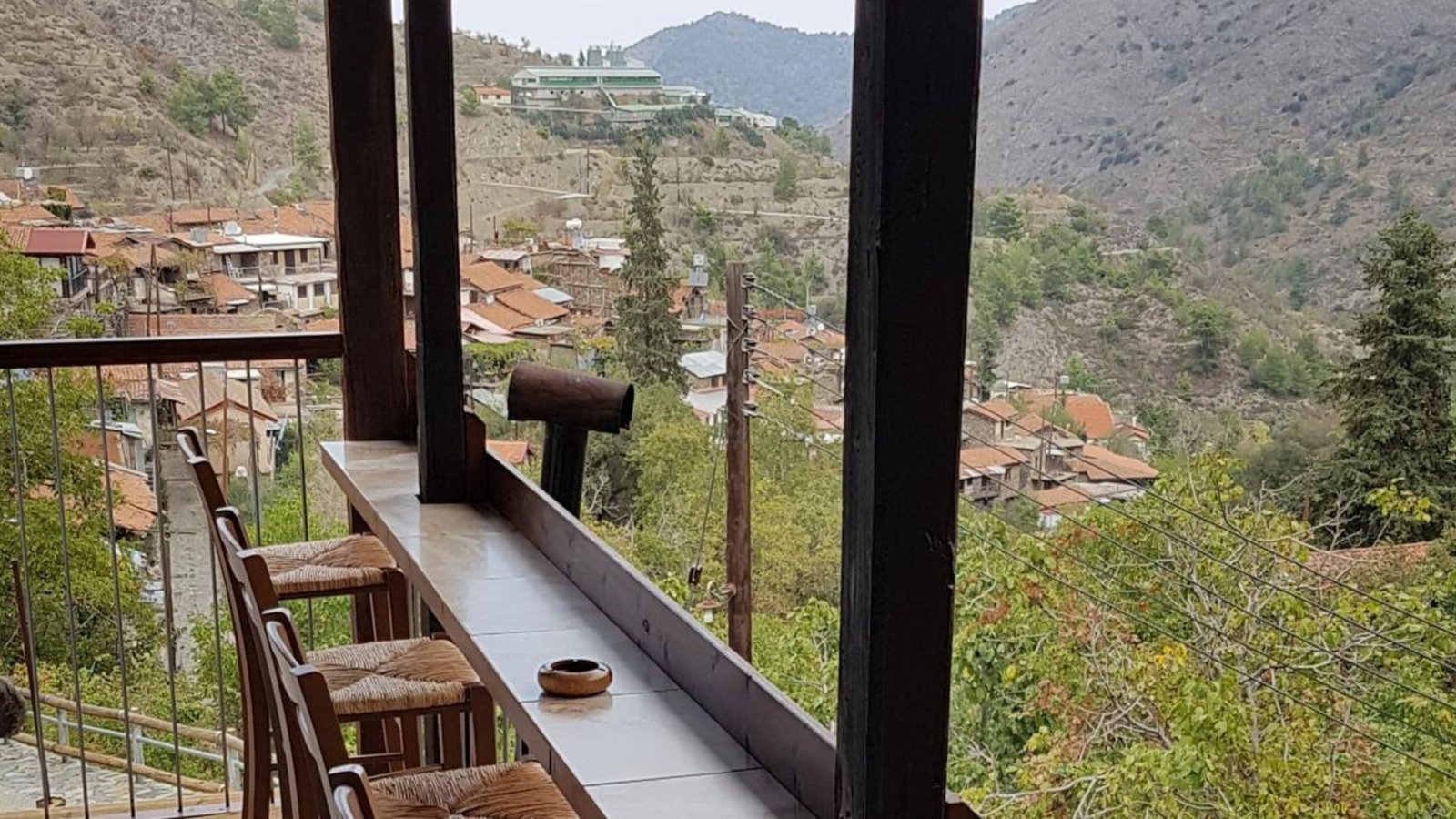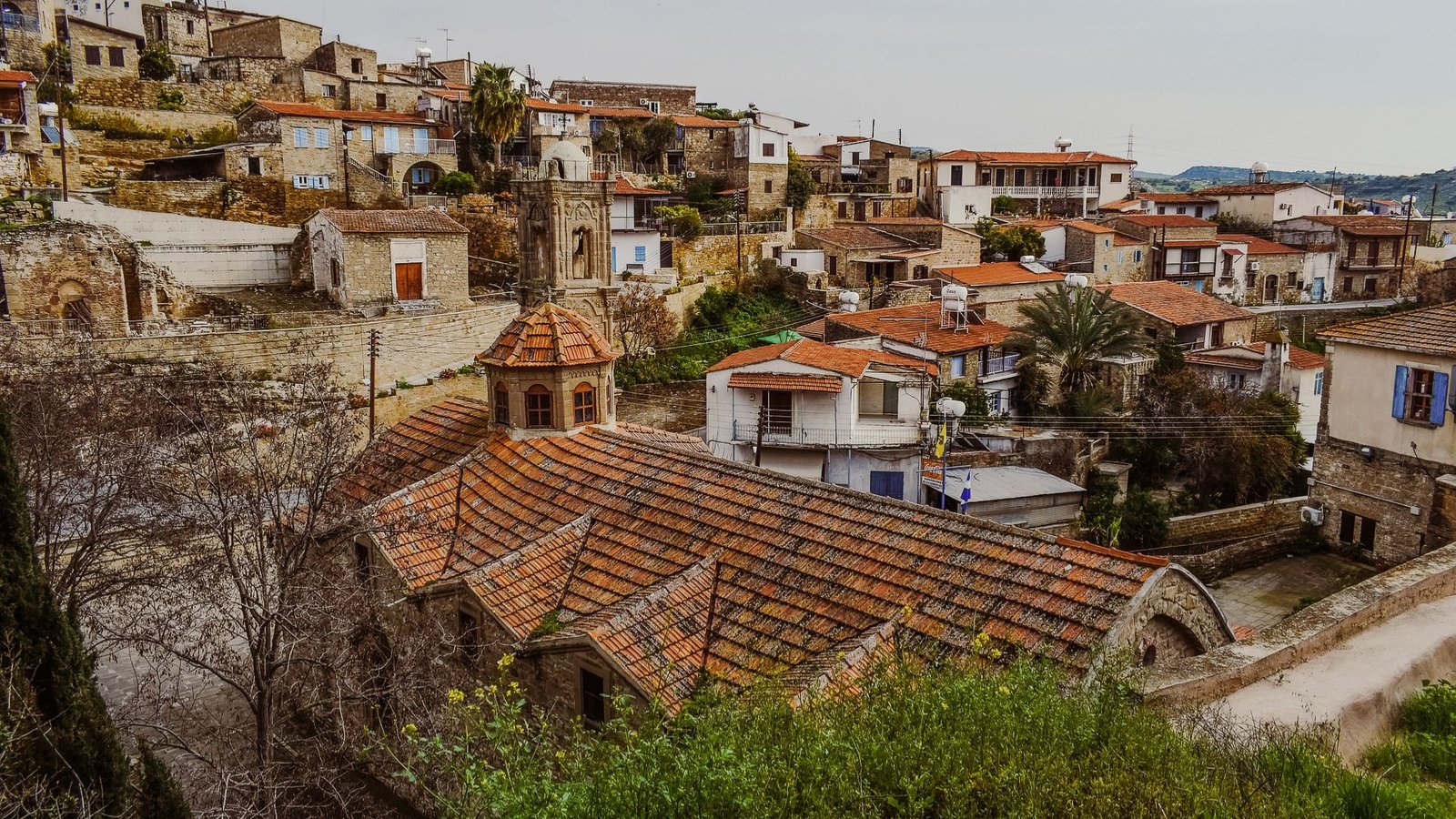Pedoulas Village is a beautiful destination that offers a unique glimpse into Cypriot culture and natural beauty. With stunning landscapes and rich history, it’s a perfect spot for those seeking tranquility. After exploring the village, unwind and enjoy some exciting online casino games for a bit of fun.
Tourism in Cyprus plays a significant role in shaping the island’s economy, culture, and daily life, especially in traditional villages. As travelers flock to experience the charm of these villages, they bring both positive and negative impacts. Let’s delve into how tourism influences traditional villages in Cyprus.
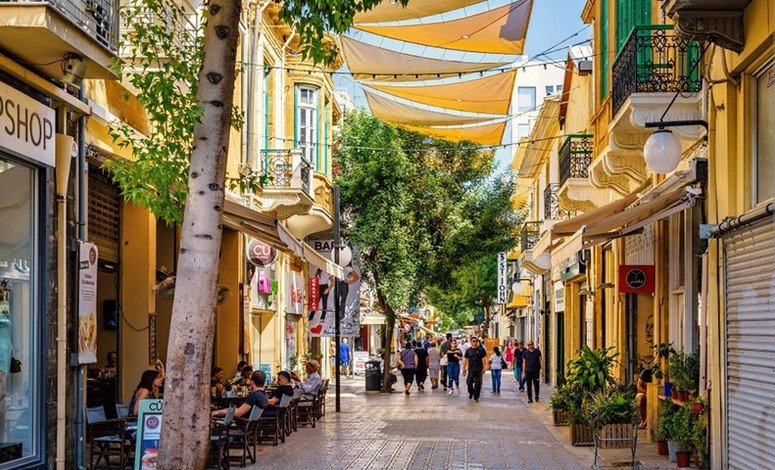
Economic Boost for Local Communities
Tourism serves as a lifeline for many traditional villages in Cyprus. Visitors contribute to the local economy by spending money on accommodations, dining, and activities. Many villages, such as Omodos and Lofou, have embraced tourism by developing guesthouses, restaurants, and shops that showcase local products.
As a result, tourism creates job opportunities for residents, helping to sustain livelihoods. Many villagers have shifted their focus to tourism-related services, allowing them to preserve their cultural heritage while generating income. The infusion of tourism revenue supports local initiatives and community projects, enhancing the quality of life for residents.
Preservation of Cultural Heritage
Tourism encourages the preservation of traditional practices and cultural heritage in Cyprus. Visitors often seek authentic experiences, prompting villagers to maintain their customs, crafts, and cuisine. Traditional festivals, such as Wine Festivals and Cultural Events, gain popularity as tourists show interest in local traditions.
Moreover, the increased attention on traditional crafts, such as pottery and weaving, helps artisans showcase their skills and share their heritage with visitors. This cultural exchange enriches both tourists and locals, fostering a sense of pride in Cypriot traditions.
Challenges of Over-Tourism
While tourism offers economic benefits, it also presents challenges, particularly in terms of over-tourism. In popular villages, increased visitor numbers can strain local resources and infrastructure. Overcrowding can lead to a loss of the peaceful atmosphere that initially attracted tourists.
Additionally, the rise in tourism can alter the character of traditional villages. As more businesses cater to tourists, some villagers may feel pressured to commercialize their way of life. This shift can lead to a dilution of cultural authenticity, which is essential for maintaining the unique identity of these communities.
Environmental Concerns
The impact of tourism on the environment in traditional villages is another concern. Increased foot traffic can damage local ecosystems, while waste generated by visitors can overwhelm village infrastructure. Natural sites, like hiking trails and vineyards, require proper management to prevent degradation.
To address these issues, many villages are implementing sustainable tourism practices. Local authorities work with community members to develop guidelines that promote responsible tourism, balancing economic growth with environmental conservation. Such initiatives include waste management programs and educational campaigns to raise awareness among visitors.
Community Engagement and Involvement
Engaging local communities in tourism planning and decision-making is crucial for balancing the benefits and challenges of tourism. Many traditional villages are fostering collaboration between local residents, businesses, and government authorities to ensure that tourism development aligns with community interests.
This inclusive approach allows villagers to voice their concerns and contribute ideas, ensuring tourism remains a positive force. By prioritizing community involvement, villages can maintain their character and heritage while reaping the economic rewards of tourism.
Conclusion: A Balanced Approach to Tourism
Tourism in Cyprus profoundly impacts traditional villages, bringing both opportunities and challenges. While it boosts local economies and promotes cultural heritage, it also raises concerns about over-tourism and environmental degradation.
By fostering community engagement and implementing sustainable practices, traditional villages can navigate the complexities of tourism. Striking a balance between economic growth and cultural preservation will help ensure that these villages remain vibrant and authentic for generations to come.







